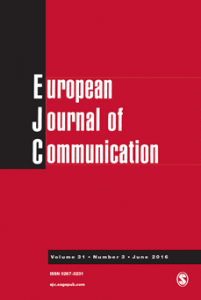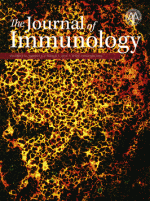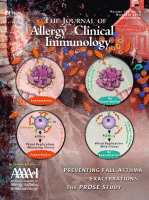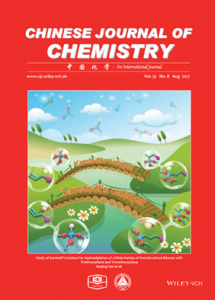 A 2011 chemistry paper required corrections so extensive that the author published the changes as a second, longer paper.
A 2011 chemistry paper required corrections so extensive that the author published the changes as a second, longer paper.
Both papers, published in the Chinese Journal of Chemistry, described the synthesis of a protein molecule with potential therapeutic applications in cancer. But when the paper’s corresponding author Yikang Wu tried to continue the work, he discovered that a substantial part of the 2011 study was incorrect.
The original paper is not marked with any editor’s note, even though the new paper — which is three pages longer than the 2011 version — acknowledges it is a “partial retraction/correction of previous results.” The new paper does appear in the list of “related content” for the 2011 article.
Given the errors, in the 2017 paper, Wu and his co-authors write: Continue reading Chemistry journal issues correction longer than original paper
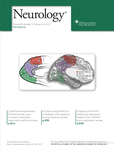 Neurology has partially retracted a 2016 paper, replacing a figure and removing the author who contributed it
Neurology has partially retracted a 2016 paper, replacing a figure and removing the author who contributed it 

